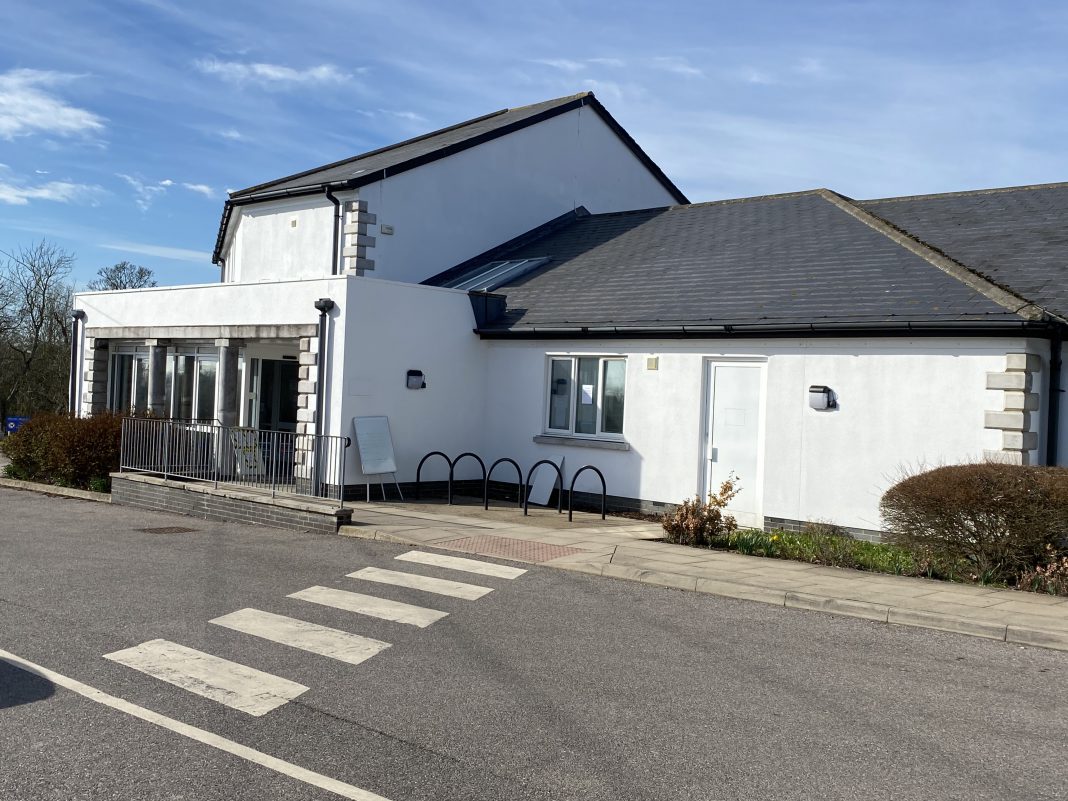It is three quarters of a century since the NHS was established in the teeth of ferocious opposition from the doctors’ union, the British Medical Association (BMA). The BMA was bought off by Nye Bevin by allowing GPs to remain self employed contractors and today their businesses remain the cornerstone of primary care in the UK.
Covid-19 has forced many individuals and businesses to adapt and change their modus operandi, sometimes in a compromise but often in ways that enhance efficiency. Zoom and home working have probably heralded long term and permanent adaptations to our working lives.
Primary care is no exception, as we become used to phone or online triage and consultations. There is, however, widespread public concern, much commented on in the press, about whether GPs have retreated too far from direct contact with their patients and, in many cases appeared to cede leadership in the Covid-19 vaccination programme to some, usually local, pharmacies. In the Rye area, we faced a near 40 mile round trip to Etchingham as rural Rother GPs chose not to offer vaccination facilities. Like elsewhere, we too now can wait several weeks for even a phone consultation with our GPs.
Maybe the established GP based model of primary care is becoming broken and needs fixing. The care we have relied on is getting harder to access, a trend made worse by the shift of many GPs to part time working. The UK model is not to be found in many countries around the world and perhaps we should now examine much more thoroughly alternative models of primary care, perhaps building on (literally) the larger care centre type set up, where a broader range of expertise and specialist practitioners can be assembled.
There are other approaches and they should be assessed carefully and a mixed economy of primary care might be desirable. However, the care centre model could be delivered relatively quickly and would represent an adaptation of existing resources of people and facilities – the new centre in West St. Leonards brought together several smaller GP practices. There will be other issues to face, like should primary care doctors continue to be self employed or become NHS employees like their hospital colleagues.
Change is never easy but often to stand still is to go backwards.
Image Credits: Richard Byham .




Should we have the option to opt out of the NHS system if we wish to do so?
I challenge Peter’s assertion that the rural Rother GPs chose not to offer vaccination facilities. Seven rural Rother GP practices collaborated to set up and provide mass vaccination at Etchingham which was giving up to, and sometimes more than 500 vaccinations a day and enabled the successful achievement of the target to vaccinate all in groups 1 to 4 by the 15th February. Staff from all the surgeries were there every day as well as others organised by East Sussex NHS and (at the beginning) the Army. Back at the surgeries staff were frantically contacting patients and booking their vaccination appointments as well as continuing with ‘normal’ appointments.
A centre for mass vaccination for rural communities needs to have straightforward access for all the communities it is serving as well as sufficient on-site or nearby parking for those attending. A building that has the space required for processing/vaccinating/aftercare/staff facilities/administration for the numbers is a given. Etchingham may be 17 miles from Rye but getting people there was straightforward – we should know as we took 251 people there (groups 1-4) in 22 days (20th Jan-10th Feb inclusive)